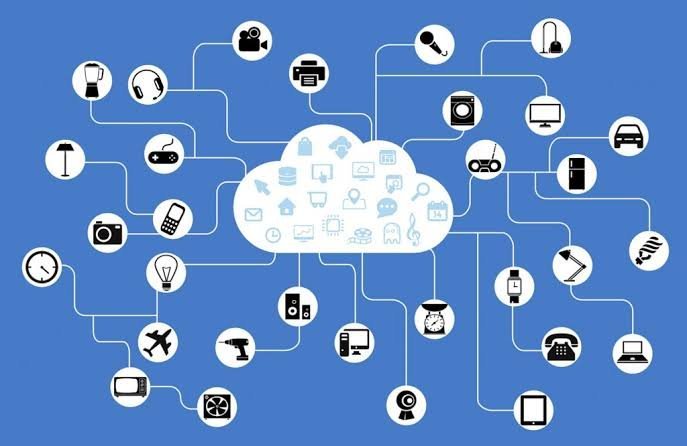This kind of media doesn't have a creator and is owned by the community. Users are in charge of their accounts, as the name suggests, and there is no central authority.
Everyone benefits from the community's expansion, and you are free to post whatever content you want. Personal data is controlled by the information's owners in these systems, which decentralize power.
Hive, and other decentralized social media platforms are examples. Decentralization also ensures the safety of data funds and profiles, in addition to protecting information.

The word "innovations" means "we want better" all over the world. We are all aware that the centralized social media platforms have existed for a considerable amount of time and continue to evolve. Whatsapp recently made it clear that they intend to share user personal information. Centralization is the driving force behind this boldness.
Hive is leading the charge toward this revolution, and it is our responsibility as hiveans to push this revolution. I am aware that growth is a gradual process and that the idea of decentralized social media has not yet established a firm foothold.
We have to tell our loved ones, friends, and even "enemies," "Let us come to a free world and remove the shackles that centralization is trying to impose on us."
The fact that everyone benefits from the system's expansion is the most beautiful aspect of everything. For instance, hive makes use of the Proof-of-Brain idea to enable its users to earn money by producing content that contributes value to the blockchain.
In centralization, this is rare because the CEO and others keep the proceedings to themselves. Additionally, decisions are made collectively rather than unilaterally to benefit the entire community.
Excellent blog post. I give a fuller treatment of these issues in my book Web3 Social: How Creators Are Changing the World Wide Web (And You Can Too!), which launches this coming Wednesday.